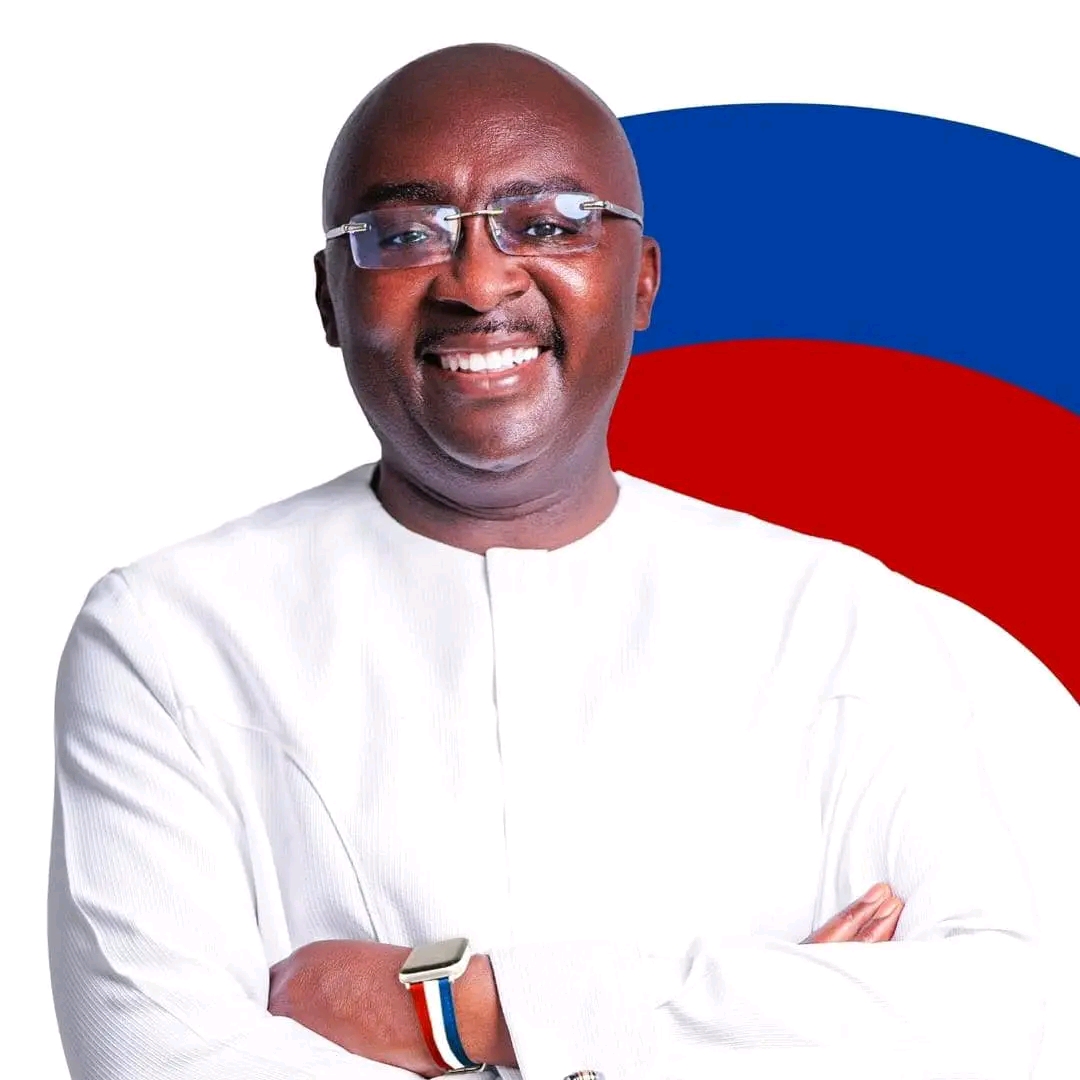
Experts say people with disabilities have a lot to offer
At five years of age, Kenneth Habaalu, a Zambian, was paralysed by polio, a viral disease that attacks the nerves. Mr. Habaalu’s paralysis appeared to cut short any hopes of getting an education and finding a job later in life. But thanks to his brother who paid his tuition, he acquired a diploma in management.
“The main challenge facing disabled persons in Africa is stigma. Instead of looking at your ability to do work, [employers] will look at your physical disability,” explains Mr. Habaalu, now 54. He advocates for government support of disabled people’s organisations (DPOs), “as these organisations will employ more disabled people and train many, which will improve their lives.”
Mr. Habaalu manages Appropriate Paper Technology (APTERS), a Lusaka-based organisation that produces mobility aids from recycled paper and cardboard for children with physical disabilities. The organisation relies on donations to subsidize production. APTERS currently employs eight staff, each of whom has a disability.
But not many disabled persons in Africa can get an education or set up a business as Mr. Habaalu has.
More than 80 million Africans are disabled, according to the United Nations, including those with mental health conditions as well as birth defects and other physical handicaps. In Africa’s major capitals such as Accra, Lagos and Lusaka, hundreds of people with disabilities, some in wheelchairs, others not, can be found by the roadsides begging for alms. The UN warns that aging populations, malnutrition, conflicts and disease, among other factors, can be expected to increase the number of the disabled in the near future.
While conditions such as cerebral palsy, Tourette’s syndrome and dwarfism can be easily identified, disability comes in other forms such as bipolar disorder, obsessive compulsive disorder and schizophrenia that may not be easily identifiable, according to experts.
For many of Africa’s disabled, assistive devices such as wheelchairs, crutches, hearing aids and prosthetics are either not readily available or unaffordable. This, combined with a lack of formal education or vocational skills, creates difficulty for the disabled seeking employment. They are unlikely to be hired.
“Employers continue to think hiring disabled people is difficult, because they so rarely meet them face-to-face—and so they rarely have the chance to learn directly from disabled people speaking for themselves,” says Susan Scott-Parker, CEO of the London-based Business Disability International, a not-for-profit social enterprise that works to improve job prospects for disabled people.
Ms. Scott-Parker is calling for DPOs and other NGOs to train disabled people in skills that can make them attractive to employers. Unless disabled people are provided with the support they need to be independent and employable, the cost to governments and society will be substantial.
“Far too many disabled people are offered training that equips them with skills that local employers are actually not looking for. Why learn woodworking if there aren’t any woodworking jobs? Why not, instead, approach the local Cisco Networking Academies to ensure disabled people get the Cisco accreditation which we know local companies are looking for?” asks Ms. Scott-Parker rhetorically.
Sadly, Ms. Scott-Parker says, many employers underestimate what persons with disabilities can achieve. Disabled people, she says, suffer from the “soft bigotry of low expectations,” a subtle form of prejudice against them by employers.
Some African governments and advocates for people with disabilities have been searching for ways to foster inclusion of talented people with disabilities in the workforce. In 1998, for instance, the Parliament of South Africa passed the Employment Equity Act, which requires organisations to ensure that people with disabilities make up at least 2% of their workforce.
Incentives for South African companies include tax rebates of up to 100,000 rands ($7,000) for each disabled person undergoing training. Local and international NGOs, including Light for the World, an international disability and development organisation with headquarters in Austria, offer grants and training to disabled employees and jobseekers.
Still, South Africa absorbs less than 1% of its citizens with disabilities into its workforce because of two factors: first, the stigma disabled people face at work, which discourages many from looking for jobs; second, the lack of financial penalties for companies that fail to meet the 2% target, which gives employers the leeway to disregard the law.
“There are about five million disabled South Africans. This [not meeting the 2% target] indicates the magnitude of the problem that people living with disabilities are facing,” says Shereen Elmie, who sits on the board of Employment Solutions for People with Disabilities, a South Africa–based nonprofit that helps people with disabilities find jobs.
In 2003, Kenya passed the Persons with Disabilities Act, which requires public and private organisations to have disabled persons fill at least 5% of their job vacancies. There are about 3 million people with disabilities in Kenya, according to the International Labour Organisation. Employers often disregard the act, laments 36-year-old Frederick Ouko, who himself uses a wheelchair. “They don’t even consider it.”
In a 2015 study, Disability, Gender, and Employment Relationships in Africa: The case of Ghana, published by the African Journal of Disability, researcher Augustina Naami found that in Ghana, most “persons living with disabilities are unemployed, the majority being women.” The author lists discrimination and negative perceptions about their abilities as key barriers to employment.
To counter these disadvantages, the study recommends educational interventions, such as workshops to promote success stories of persons with disabilities, and government financing of formal education for the disabled.
Ms. Scott-Parker says that a business that creates a diverse, merit-based workforce, in which people with disabilities are treated equally to the “abled,” is likely to have access to the highest-quality talent available. There is no need to arbitrarily disregard skilled job seekers who happen to be disabled.
As governments are among the largest employers of labour in Africa, the public sector must deliver best practices to “have a huge impact on the employment prospects of disabled persons,” she said.
Tom Shakespeare, a professor of disability research at the University of East Anglia, UK, insists that this diverse group has much to offer companies across the continent.
“Businesses will find that disabled people are dedicated and hardworking employees who will stick at a job and give it their best. It makes good business sense to employ suitably qualified disabled people,” Mr. Shakespeare asserts.
source bbc






